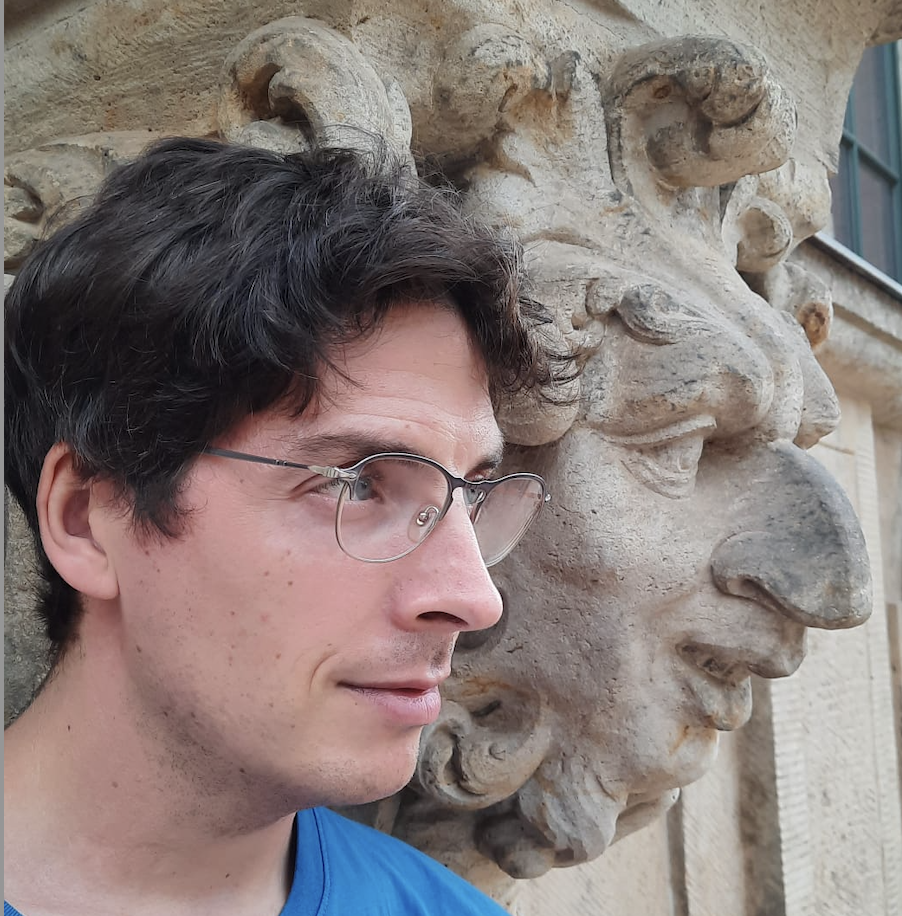Student supervision
-
Postdoc: Hugo Henneuse (July 2025 - July 2027) (with Charles Truong and Laurent Oudre)
-
PhD student: Nicolas Cecchi (February 2025 - …) (Co-direction with Charles Truong and Laurent Oudre)
-
internships: 2026: Yaroslav Kudrevytch (M1 Orsay) (DataIA funding). Supervised with Hugo Henneuse.
-
PhD student: Liudmila Pishchagina / Shabarshova (2021 - 2024) multivariate extensions of change point detection algorithms in online (MdFOCuS) and offline settings(FGeomFPOP) 2021-2024 (Co-direction with Guillem Rigaill)
-
internships: 2025: Alexandre Combeau (M2). Emmeline Bourget (M2). Séréna Pandzou (L2) 2024: Simon Querné (M2). 2023: Olha Pomomarenko (L3). 2022: Antonina Bondarchuk (L3), Marko Kachaikin (L2), Kader HOUSSEIN (L2) 2021: Liudmila Pishchagina (M2), Saâd Qriouet (M1), Pauline Spinga (L3). 2020: Nicolas Deschamps de Boishebert (M1). Jawad Boulafha (M1). 2018: Alexandre Schulz (M1)
Presentations to conferences and workshops
- 2026 April (UK). Contemporary Challenges in Changepoint Detection Workshop
- 2026 Feb. online (UK) virtual seminar change-point meeting
- 2026 Fev (Nice). Séminaire de Probabilités et Statistique. (Université Côte d’Azur)
- 2025 Dec (One week) (Lancaster University, UK) Academic research visit
- 2025 Oct (Paris) SAMM. Sorbonne Université (Séminaire)
- 2025 Sept (Fréjus) StatMathAppli (poster)
- 2025 July (Dauphine University) Change-point meeting
- 2025 June (Marseille) Journées de statistiques
- 2025 Jan (Evry LaMME) HCERES scientific presentation
- 2023 Feb (Paris IHP) Séminaire parisien de statistiques
- 2022 Dec (Brighton, UK) StateScale meeting
- 2022 July (London, UK) IMS
- 2021 March (Northern Arizona Univeristy. USA). Research seminar online
- 2020 Sept (Paris) Séminaire de Statistiques MAP5
- 2019 Dec (London, UK) CMStatistics
- 2019 Nov (Paris) Paris-Lancaster change-points workshop
Past Responsabilities
1) Paris-Saclay M2 “Data Science: health insurance and finance” More information here
Head of the Master 2 (2022-2023) Co-direction with Agathe Guilloux (2020-2022)
2) Séminaire scientifique Math For genomics
Co-organizers of the Evry stat-math seminar MathForGenomics
Current job
Assistant Professor in statistics since September 2019 at the University of Evry Paris-Saclay in the laboratory LaMME. My current research focuses about change-point detection. With my collaborators, I develop the following research directions:
- Algorithmic efficiency: dynamic programming methods (functional pruning; DUST and FOcUS algorithms);
- Extensions to complex data lying in non-Euclidean spaces (Fréchet means in Hadamard and CAT(k) spaces);
- Computational geometry (convex hulls; shape coverings and intersections).
As an Applied Mathematician, I like to work at the interface of different fields. My current and past interests are:
Statistics : Change-point detection
Optimization : Constrained Optimization, Convex optimization, Computational geometry, Quadratic and linear programming.
Numercial analysis : Quasi-Newton algorithm
Package development : gfpop, dust (see github)
In particular, I have a strong interest in problems that require the development of new optimization tools.
